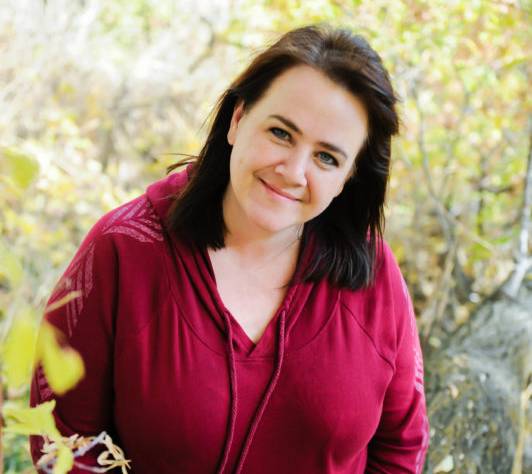It’s been said that the writer’s life can be a solitary one and it is true that many hours are passed alone in front of the computer or with pen and paper. But in truth we are not alone. All writers have their own lineage, their own ancestors, and belong to an illustrious line of predecessors. I know for myself, that I would not be the writer I am today were it not for the writers both living and dead, that I have leaned on for education, inspiration and support. We belong to a family, a community of writers. To be a writers is to be a part of great tradition of putting pen to paper, to articulating complex thoughts into meaningful prose and poetry.
While there are many, many books that have influenced my writing and I could tell you specifically how each one inspired and impacted me as a writer I have selected three at random in each category. Novels, Memoirs, and Poetry.
Novels
When I think of novelists that helped me become a better memoir writer one of the first names that comes to mind is Margaret Atwood. It was in the early 2000’s that I was introduced to Atwood and I was struggling to write my first memoir. Her book, A Handmaid’s Tale gave me a clear path for writing about my own life. In the book, the reader is dropped into a dystopian world and left to figure things out on their own. Of course Atwood is skillful in giving the reader enough information to sort out this new and strange world but she does so in a way that is unobtrusive. I found this method to be very helpful when writing about an unfamiliar culture and it helped me let go of the constant need to explain myself and my situation.
Anton Chekhov the great playwright and short story writer has well earned his reputation as one of the greatest short story writers of all time. Ward No. 6 and Other Short Stories, (Translated by Constance Garnett) was my introduction to Chekhov and I was struck by his use of imagery and detail. But he doesn’t give details to the reader unless those details and imagery become central to the action. This was very useful during editing phases as it helped me decide what to let go and what to keep. I also learned that even the smallest details if properly used can have a profound impact on the reader.
Cormac McCarthy’s classic post apocalyptic story, The Road was a useful example when using dialogue to move a story forward. McCarthy’s approach to storytelling is deceptively simple. The dialogue between father and son tells the reader almost everything they need to know about the relationship and characterization of the two figures that make up the main story. McCarthy also uses directness to his advantage shocking the reader with hard direct imagery. The Road is a great example of how “less is more.”
Memoirs
Frank McCourt’s Angela’s Ashes was one of the first memoirs I read that gave me a strong sense of place as well as recounting a deeply personal story. But the main skill McCourt’s book illustrated was the use of humor to soften the difficulty of writing about trauma. McCourt certainly had a painful childhood but he writes about it with such objectivity and gentle humor that the reader can take more of the story in and hold it.
The Glass Castle written by Jeannette Walls is a story of a dysfunctional family that is also deeply bonded to each other. Walls’ ability to use the child’s perspective helps the reader empathize with her and deepen the understanding of the complex relationship she had with her parents.
Joan Didion is one of the great memoirists of our time. Her book The Year of Magical Thinking was unlike any I had read before it. The book centers on the death of her husband but Didion’s brilliant use of reflection allows the reader to enter the deep unknown or painfully familiar territory and to find themselves there.
Poetry
One of the best practices I use to increase my language and its many uses is reading poetry. Here are three of my favorite poets who have specifically taught me how to write.
A friend gave me my first Mary Oliver book of poems call Blue Pastures a few years back and I have turned to her writing again and again. She is not only wise about life but her approach to poetry is clear. It’s easy for an ambitious poem to become decidedly difficult to understand. Her poetry is powerful in part because it is clear, understandable and simple.
Tomas Transtromer the great Swedish poet opened up my mind like no other poet I have ever read. The Deleted World one of his most recent works left me reeling with joy. He finds the most unique language to express himself and his ideas. His work is edgy and interesting and when I am feeling like I need a creative boost I turn to Transtromer for the fix.
I found Ted Kooser about ten years ago. When I read his poems it took me some time to figure out what made them so special. His down to earth approach shows that even the ordinary can be magical. His poetry is accessible and beautiful. One of his best collections is Flying at Night.
While there is much more to be gleaned from these books I chose one striking idea that has helped me in my own work. I have developed as a writer by standing on the shoulders of those who have written before me.
What writers are part of your family tree? What is your lineage?

